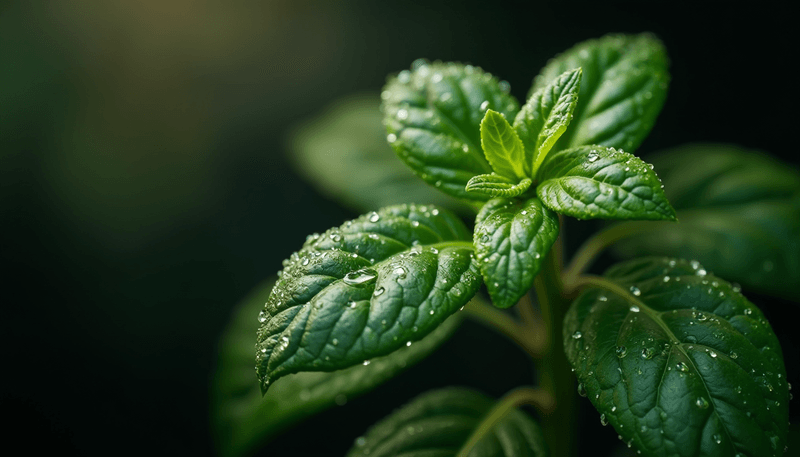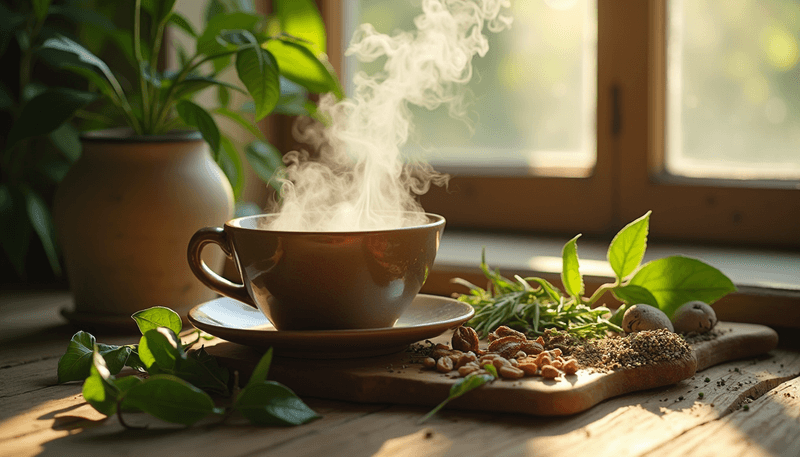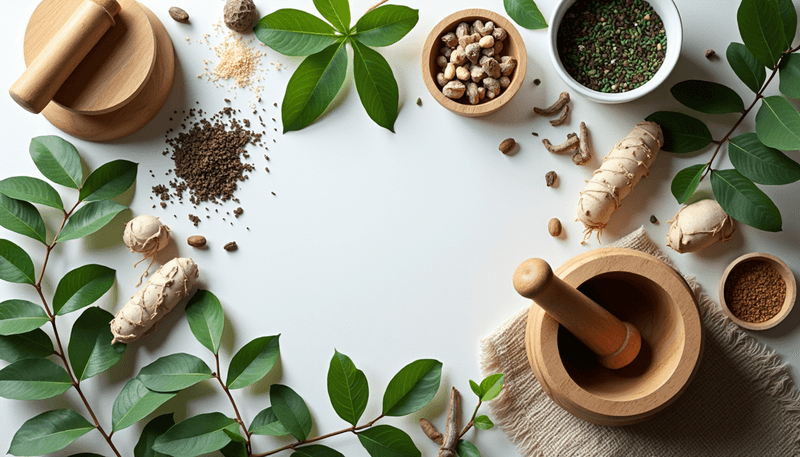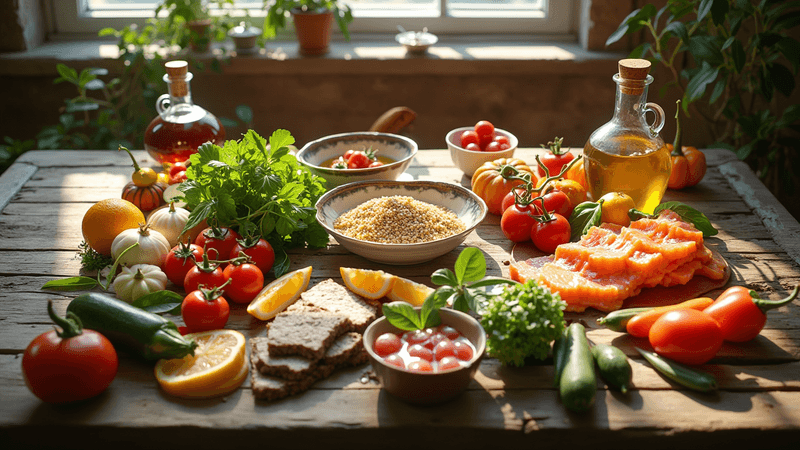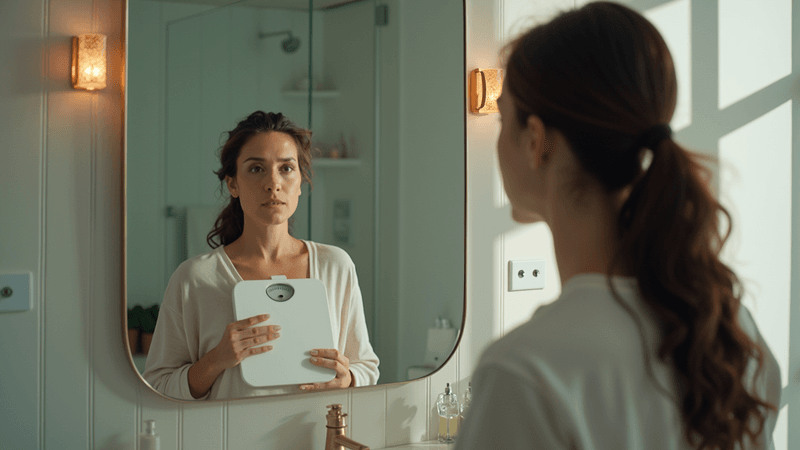Nature's Answers to Menopause Symptoms
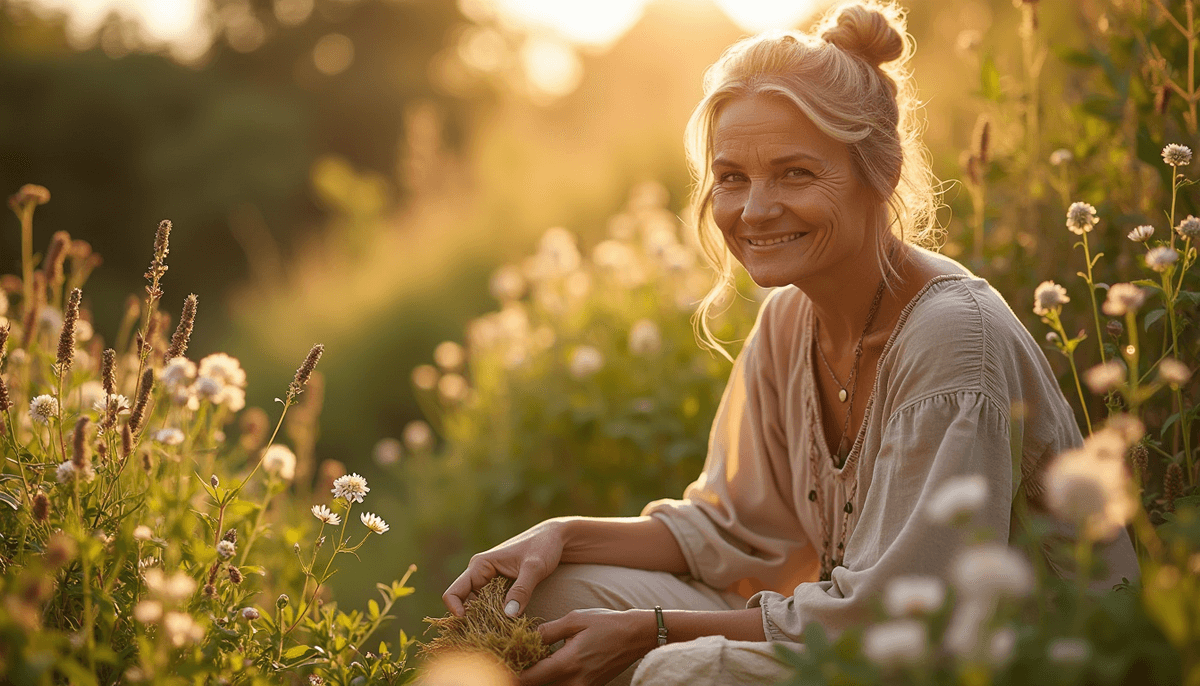
In the quiet corners of West African communities, women have long turned to nature's pharmacy for relief from menopausal symptoms. A fascinating new research study exploring traditional plant remedies in Côte d'Ivoire reveals promising alternatives for women seeking natural approaches to manage this significant life transition.
The Hidden Power of Traditional Plant Medicine
As someone who has personally navigated the challenges of early menopause due to my PCOS, I understand the desire to find gentle yet effective solutions. The research conducted in Côte d'Ivoire identified 32 medicinal plants traditionally used to address menopausal symptoms, with three standing out for their remarkable potential: Ocimum gratissimum (African basil), Khaya senegalensis (African mahogany), and Landolphia owariensis.
What if the solution to your menopausal discomfort has been growing in nature all along?
These plants have been used for generations, with 60% of women reporting satisfaction with traditional treatments. While modern medicine remains valuable, these natural alternatives offer promising options, especially for those seeking more holistic approaches.
Understanding Early Menopause: A Natural Perspective
One striking finding from the research reveals that 25.14% of women experience menopause between ages 40-45, which is notably higher than Western averages. This insight highlights the importance of early awareness and preparation.
Think of menopause like changing seasons - some regions experience winter earlier than others, but all eventually go through the transition. Understanding your body's timeline helps you prepare and adapt more effectively.
Key signs to watch for:
- Hot flashes (reported by 50.28% of women)
- Joint and muscle pain (60.89%)
- Palpitations (43.57%)
- Headaches (35.19%)
The Holistic Approach to Symptom Management
The study reveals an interesting pattern: combining traditional and modern approaches often yields the best results. About 11.17% of women used both conventional and herbal medicines, creating a balanced approach to managing their symptoms.
Have you considered integrating both traditional wisdom and modern medicine in your wellness journey?
Practical application tips:
- Start with gentle herbs like African basil in tea form
- Monitor your symptoms using a daily journal
- Consult both healthcare providers and qualified herbalists
- Pay attention to which remedies work best for your specific symptoms
Natural Solutions for Common Symptoms
The research identified specific plant parts and preparation methods that showed promising results. Leaves (55.81%) and stem bark (30.23%) were the most commonly used parts, typically prepared through decoction or grinding.
For optimal results, consider:
- Using fresh leaves when possible
- Following traditional preparation methods
- Starting with small doses
- Maintaining consistency in usage
Which natural approach resonates most with your personal wellness philosophy?
As we conclude this exploration of natural menopause management, remember that every woman's journey is unique. The key is finding what works best for you, whether it's traditional remedies, modern medicine, or a thoughtful combination of both.
Today, take one small step toward exploring these natural options - perhaps starting with a cup of African basil tea or discussing traditional remedies with your healthcare provider. Your menopause journey doesn't have to be a struggle; nature may offer the gentle support you're seeking.

Olivia Rose Chen-Martinez
Olivia Rose Chen-Martinez is a seasoned health and wellness writer with a focus on women’s health issues, including PCOS, perimenopause, and holistic wellness. With a background in Journalism and Public Health from UC Berkeley, Olivia draws on over 15 years of writing experience to deliver empathetic, research-backed insights. Her work blends personal anecdotes and actionable advice, resonating with readers seeking accessible and trustworthy information. Based in Austin, Texas, Olivia is also a certified yoga instructor and a dedicated advocate for balanced, integrative approaches to women’s health.

